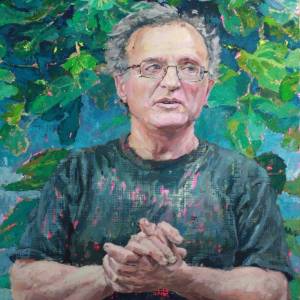Philadelphia Suppresses Paine Again
Thomas Paine turned the American Revolution from a certain defeat into a victory by his inspiring pamphlets. This is not disputed. In fact, President Obama quoted Paine in his first inaugural address, but without naming him --in fact giving the impression that Washington might have written the words:
"In the year of America's birth, in the coldest of months, a small band of patriots huddled by dying campfires on the shores of an icy river. The capital was abandoned. The enemy was advancing. The snow was stained with blood. At the moment when the outcome of our revolution was most in doubt, the father of our nation ordered these words to be read to the people:
"Let it be told to the future world, that in the depth of winter, when nothing but hope and virtue could survive, that the city and the country, alarmed at one common danger, came forth to meet ."
Since long before Paine even died, influential Christian religious bigots have been smearing him and robbing him of his legacy. In Philadelphia, where he lived and wrote the ultra-famous Common Sense, there is no monument for this revolutionary legend. The bust of Paine that was once installed in Independence Hall (a place of the highest possible honor) was lobbied back out in 1931 by a Roman Catholic lawyer. Now it is in the private office of a librarian nearby. City Council once nixed a statue of Paine in our lovely Fairmount Park, because it would "offend passing Christians."
"Paine's Park," designed for skateboarders, is beautiful and much-loved, less than a week after its opening. There is no object in the park that indicates, in any way, who Paine was. His first name, Thomas, does not appear anywhere in the park.
This is not an ill-conceived rant by me. I am complaining of a case of public religious bigotry that has continued for over 200 years.

Comments
Sign in or get an account to comment.


